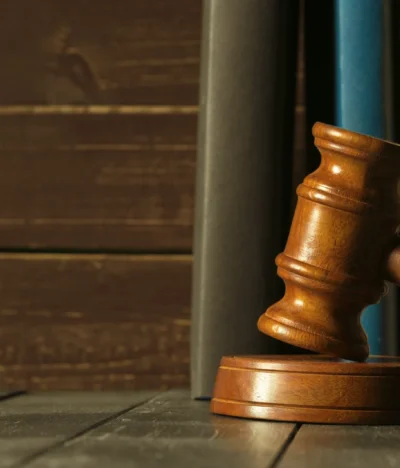Theresa May’s speech recently made underlines the stance the British Government are taking over the Brexit negotiations, with the Government leading towards a ‘hard’ Brexit. Our team at Arlingsworth recognise the impact Brexit may have on citizens and businesses, both inside and outside the UK, so we have picked out the key points from the speech that may be of concern to you.
Legislative Certainty
Theresa May confirmed the “final deal” brokered between the British Government and the EU will be put “to a vote in both Houses of Parliament, before it comes into force.” Added to this, it has since been ruled by the Supreme Court on January 24th that Parliament must vote on whether the Government can begin the Brexit process, both presenting a welcome move towards further accountability and clarity.
Strengthening the union between the UK nations
A further aim of the British Government, in conjunction with the Brexit negotiations, is to strengthen the union between England, Wales, Scotland and Northern Ireland, delivering “a Brexit that works for the whole of the United Kingdom.” This will mean a balancing act between returning the right powers to Westminster and passing the right powers “to the devolved administrations of Scotland, Wales and Northern Ireland.” A key aim in this regard is that Mrs May does not want any “new barriers to living and doing business within” the United Kingdom. The maintenance of the Common Travel Area between the Republic of Ireland and the rest of the UK is seen as key by the Government to preserve the strong union of all four UK nations, due to family ties and bonds ever-present between the nations. The priority is to deliver a “practical solution” where the CTA will continue, whilst balancing “the integrity of the United Kingdom’s immigration system.”
Reduction in EU Immigration
An area which many are interested to see the direction the UK government is taking is in immigration, and Theresa May made clear that restrictions to EU migration will occur as “the message from the public” was clear in showing public mood wanted control over “the number of people who come to Britain from Europe.” The Government are yet to clarify the system to be put in place to control immigration although the Australian points-based system, where people are accepted on a skills basis, has been rejected by Mrs May as there won’t be “sufficient control” for the government.
EU Nationals Rights within the UK will mirror UK Nationals Rights within the EU:
Rights for EU nationals within Britain are yet to be clarified. The Government’s wish is for their rights to be guaranteed with certainty, but this guarantee hinges on whether a similar deal “is reciprocated for British citizens in EU countries.” There will likely be a compromise in this area on both sides with some EU countries not supporting the stance held by the UK.
Workers’ Rights will be upheld
European legislation governing workers’ rights will be translated into “our domestic regulations”, with Theresa May further promising that such rights will continue to be built upon during her leadership.
Leaving the European Single Market
The British Government have now committed themselves to leaving the European single market due to having to comply “with European Court of Justice rulings, free movement and other EU rules and regulations”, if they remained in the single market. Instead, Theresa May is pursuing “a bold and ambitious free trade agreement with the European Union,” allowing “for the freest possible trade in goods and services between Britain and the EU’s member states” while giving “British companies the maximum freedom to trade with and operate within European markets.”
Become a Global Trading Nation and Leaving the current Customs Union Agreement
An area of hope for the Leave campaigners was the global benefit a Leave vote could bring, and Mrs May states that the UK will become a “global trading nation”, leaving the current customs union agreement in place between the UK and EU due to elements preventing the UK from striking other trade deals around the world. She has also said the UK will pursue another “customs agreement with the EU.”
EU Fees Reduced
The UK will not pay as much money towards the EU as they did before, only contributing to appropriate European schemes.
Two-Year Deadline
Lastly, the deadline set for the conclusion of these negotiations is in two years’ time once Article 50 has been enacted, with aims to ensure “a phased process of implementation” rather than “a disruptive cliff-edge.”
There is no doubt that despite being the aim of the British Government during negotiations to achieve a deal completely in the UK’s favour, some compromises will be likely and meeting all aims and objectives will be unlikely. Angela Merkel, the German Prime-Minister, explicitly states that meeting every aim may be unrealistic as it would then allow every EU country to “cherry-pick” a new deal, while the Czech Republic’s Europe Minister described the plan as “a bit ambitious.”
The likelihood is the UK will leave the EU in the form of a ‘hard’ Brexit, and we at Arlingsworth will follow developments as they occur at every stage. If you are in need of expert immigration advice, you can contact our immigration team on 01273 696962, request a callback, or email info@arlingsworth.com. You can also follow us on Facebook, Twitter and LinkedIn for other important information and updates.







